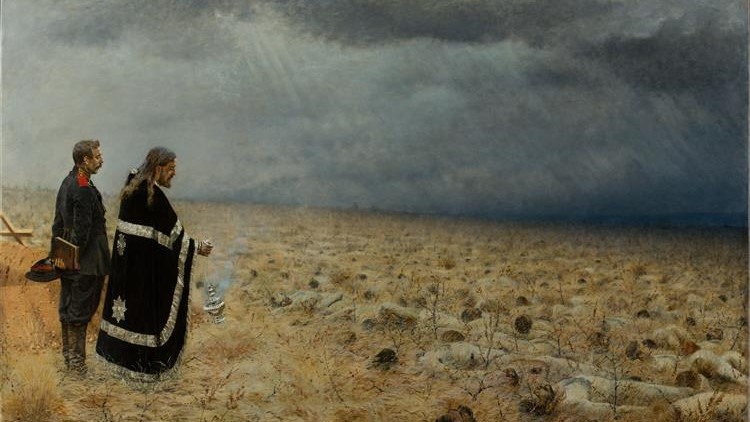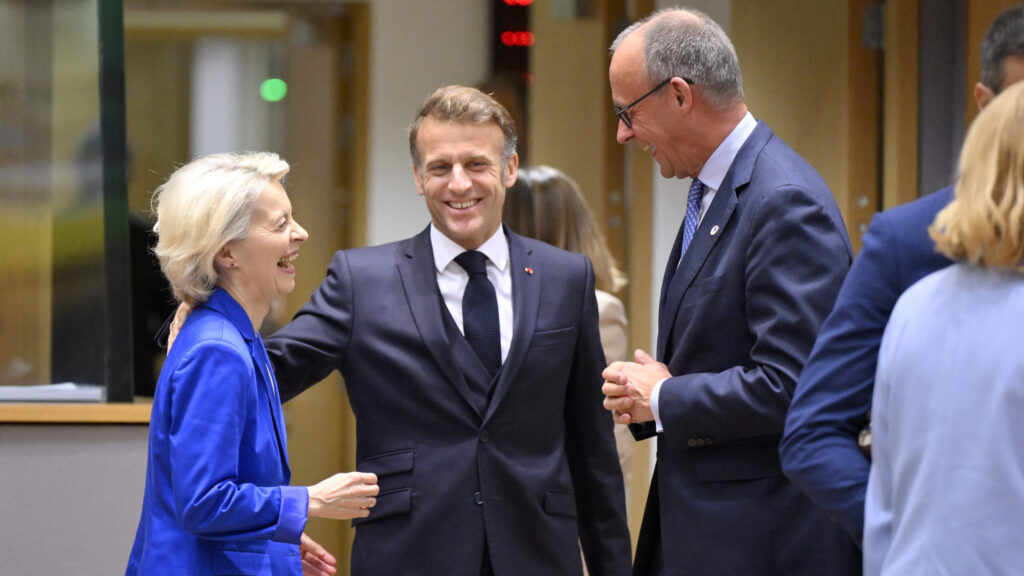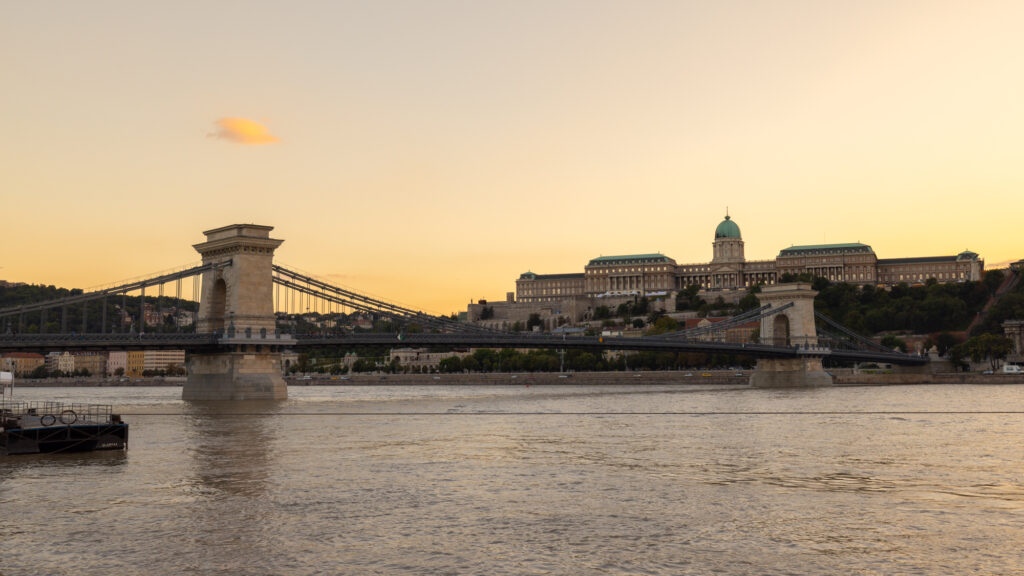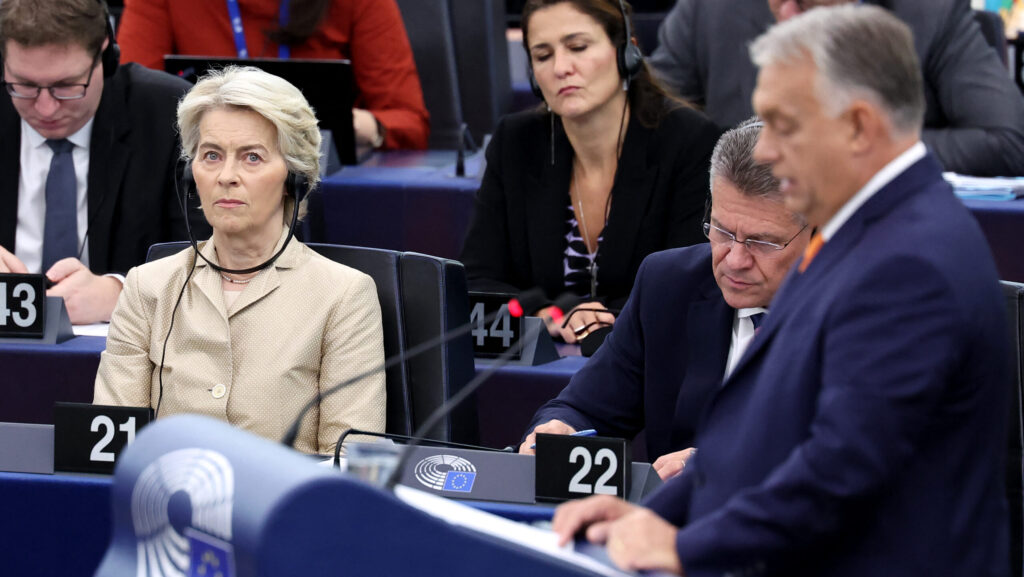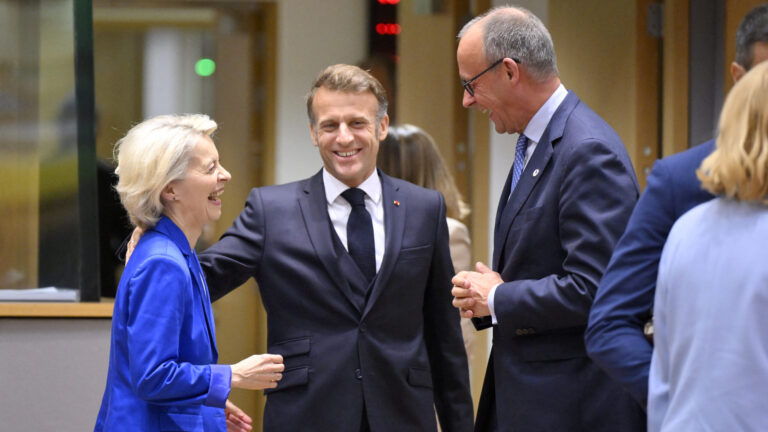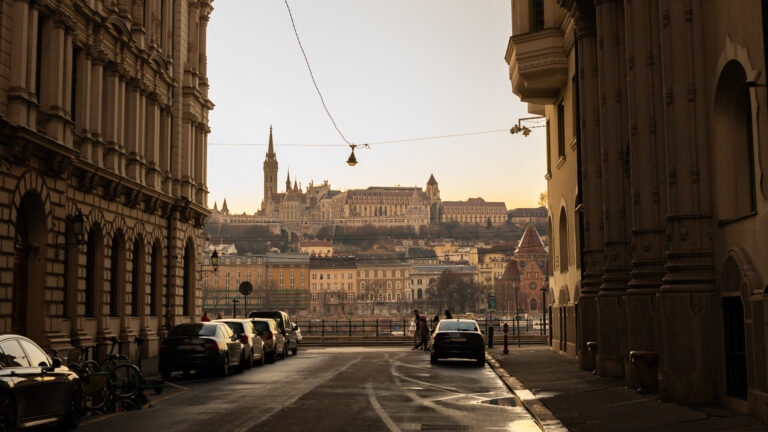Ukraine captured around 1,000 to 1,200 square kilometres of Russian territory in August 2024. The operation known as the Kursk offensive was supposed to boost dwindling Ukrainian morale, with Kyiv also seeming to hope that Moscow would divert substantial forces away from the Donbass fronts to the defence of its own territories.
The latter never materialized. While Russia undoubtedly suffered considerable reputation damage due to the Kursk incursion, Moscow’s military leadership did not allow the ‘optics’ of warfare to change its plans. On the contrary, Russia stepped up the pressure on the front lines in Ukraine, and Ukrainian troops being engaged in their venture into Kursk hurt Kyiv’s ability to defend its own lands. By now it is being widely admitted that the Kursk invasion has been stopped by Russia, with Moscow claiming to have recaptured at least a dozen settlements in the region.
The Kursk incursion also drew attention to the growing internal dissent within the Ukrainian government. The now dismissed formal general Valery Zaluzhny and commander Emil Ishkulov both opposed the Kursk incursion when it was first suggested by the Ukrainian President earlier this year. Military officers opposed the plans highlighting that they do not correspond to Ukraine’s strength, while also expressing worries about the possible casualties, on top of the demoralization a reversal might lead to. The opposing voices of the strategists were silenced, however.
‘The Kursk incursion also drew attention to the growing internal dissent within the Ukrainian government’
The removal of dissenting individuals has been increasingly characteristic of the Ukrainian government —earlier this September the biggest government reshuffle took place in Kyiv with a deputy prime minister and four ministers, including Foreign Minister Dmytro Kuleba, resigning. While Zelenskyy commented on the resignations saying ‘new energy’ was needed, others have expressed worries about the increasing centralization of power in the President’s office that tolerates less and less dissent as the country’s situation turns more dire.
Possibly worried about the dwindling support of its allies and aware of the changes the US elections might bring about in America’s foreign policy, Volodymyr Zelenskyy arrived in the United States over the past weekend with a ‘victory plan’. Zelenskyy presented his proposal not only to President Biden but to Kamala Harris and to former President Donald Trump, too. According to President Zelenskyy’s body language, the Republican presidential candidate had not made the commitment to unlimited US funding of a never-ending war that the Ukrainian president may have expected. Instead, Trump stressed he has a ‘very good relationship with Vladimir Putin’…
Few details of the plan were made available to the public, but the released details include encouraging weapon donations to Ukraine, focusing on diplomatic efforts to force Russia to agree to a peace settlement and holding Russia accountable for the invasion. Zelenskyy made headlines telling ABC News ‘I think that we are closer to peace than we think’ ahead of his speech at the United Nations General Assembly, where he drew attention to the intelligence Kyiv has about Russia’s planned attacks on nuclear power plants. According to the Ukrainian President, he is planning to hold meetings about his ‘victory plan’ during the autumn so that the entire plan can be ready by November. As part of his mission Zelenskyy is also believed to have requested permission to use long range missiles on Russian lands—a demand Western allies have so far refused to grant—while the President’s visit also coincided with the White House’s effort to prepare a military aid package for Ukraine worth 375 million USD.
Disillusionment in the West with Ukraine’s performance and ability to win the war has been rising for over a year. While a lot was expected from last year’s Ukrainian counter offensive, it ended up recapturing less than half the land Russia took in 2023. This year’s balance is not much better. Albeit it is true that Ukraine made an extravagant capture of lands in Kursk, on its own sovereign lands it claimed few to no successes.
‘Moscow is also believed to have destroyed most of Ukraine’s energy infrastructure, a critical issue ahead of the winter’
By contrast, Russia’s advances are small but persistent: Moscow took Avdiivka (pre-war population of 30,000) earlier this year, and now it is making steady progress towards circling Pokrovsk (pre-war population of 70,000). Moscow is also believed to have destroyed most of Ukraine’s energy infrastructure, a critical issue ahead of the winter that also jeopardizes Ukraine’s long-term economic prosperity. 90 per cent of Ukraine’s production capacity has been annihilated, forcing Ukraine to import record amounts of energy to maintain minimal services to its population. Hungary proved to be a reliable partner in supplying electricity to its war-hit neighbour when Ukraine was experiencing power cuts for up to 10–12 hours a day. In June Ukraine imported by far the most electricity from Hungary, ahead of the import levels from Slovakia and Romania.
The situation Ukraine is facing both in terms of the availability of energy and on the front lines is close to hopeless. All this suggests that if the war ends with a settlement freezing the conflict broadly along the current front line, then Ukraine would have been better off making peace more than a year ago—and would have avoided the the considerable human and economic losses of the past months.
Hungary has been vehemently advocating for peace and has warned the international community of the human and economic costs of the war consistently in the past years. While the Hungarian position has been rejected and ridiculed, any peace settlements that leave the occupied territories on Russia’s hand would prove Hungary’s position right: as long as it is impossible to win a war of attrition against a nuclear power like Russia, immediate ceasefire and peace is better than war. As recently analysed by Hungarian Conservative, Kyiv’s estimated casualties are 80,000 dead and 400,000 wounded. If the war is really closer to the end than we think, the following question must be asked: how much death could have been avoided if the war had been stopped earlier?

